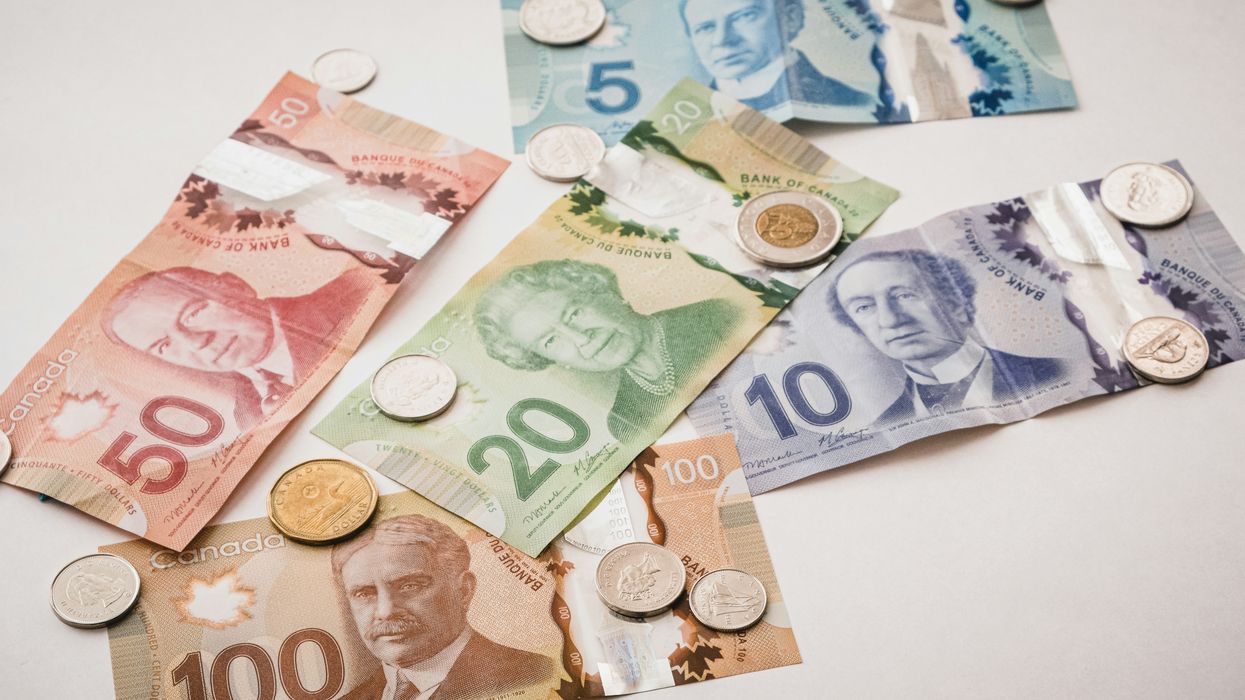In 2024, taxes on the average newly-built Ontario home account for almost 36% of the total price, a recent study from the Residential Construction Council of Ontario (RESCON) finds. That's over one third of the cost to buy a home.
With the average home price in the Province being around $1,070,000, this means that $381,000 of the average home sale can be attributed to a slew of baked-in costs including income taxes, corporate, sales and transfer taxes, and development charges (DCs) and fees, according to RESCON.
But this number has been on the rise. Between 2021 and 2024, the percentage of a home's price that could be traced back to taxes rose from 31% to 36%, representing a 16% increase and denoting what RESCON calls "a troubling trend."
“These taxes are out of control and pushing the cost of new housing beyond the reach of most working families,” says RESCON president Richard Lyall. “The tax burden is significantly raising the price tag of a new home and directly contributing to the housing crisis we are facing by affecting the ability of developers to invest in new housing projects. This escalation presents substantial challenges to housing affordability and economic stability."
Lyall points to municipalities hiking DCs to pay for infrastructure as a large part of the problem and calls on higher levels of government to play a larger role in funding public infrastructure at the local level. For perspective, the DC on a single family home in Toronto is $141,139 as of September, a 993% increase from 2010 when it would have only run you $12,910.
According to the report, governments now rake in four times more revenue from the sale of a new home than the builders, "further exacerbating the challenges faced by the residential construction sector." When broken down, 70% of that $381,000 comes from direct fees on the home, such as DCs and other fees, while 30% goes to income and corporate taxes paid during the ordinary course of a residential construction business.
Of course, it varies from region to region and depends on the type of housing, with some experiencing higher than average costs. In the GTA, for example, 37% of the price of large apartment will go to taxes, 36.9% for a small apartment, and 35.9% for a single, semi, or row house. But in Ottawa, the numbers are reduced to 35.2%, 33.9%, and 34.2%, respectively.
What's worse is that because DCs have a uniform application determined by unit type, irrespective of property value or size, more affordable homes face a disproportionate amount of taxes, driving up costs for first-time buyers and lower-income households. For example, the price of a $450,000 home — an average affordable price based on median pre-tax household incomes — is made up of a staggering 45.2% in taxes, the study finds.
In light of these stark barriers to housing affordability, Lyall calls for immediate reform of the taxation and fee structures affecting new housing.
“Much of our economic success depends on a robust housing supply so it is critical that we address the tax burden,” says Lyall. “Municipalities lack the revenue streams to fund the infrastructure necessary for new housing and end up loading the cost onto new homeowners via development charges. This must change if we are to incentivize more homebuilding.”
- Ana Bailão On Affordable Housing Strategies For Toronto ›
- Inside The Financing Challenges Developers Are Facing With Rental Projects ›
- New Home Construction In Trouble As Prices See Biggest Drop Since 2009 ›
- Royal LePage Releases 2025 Canadian Home Price Forecast ›
- Op-Ed: Why Housing Is Top Of Mind As A Gen Z Voter ›





















